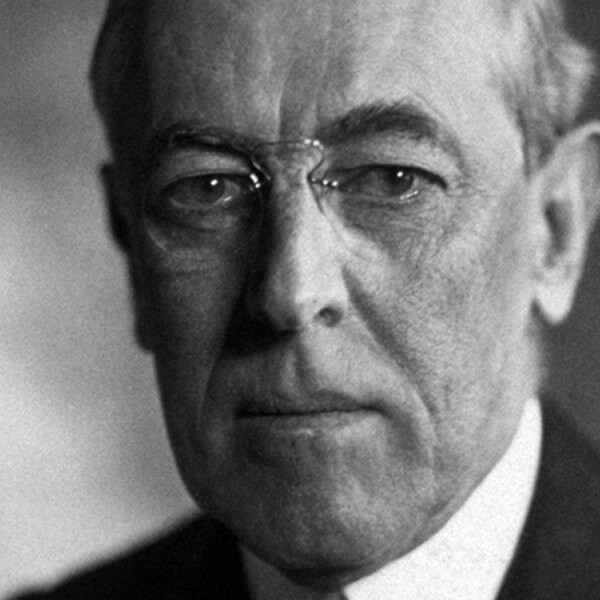Princeton University, President Wilson and the Art of Public Speaking

“What is the object of oratory? Its object is persuasion and conviction…”
– Woodrow Wilson, The Princetonian, 1877
Princeton and public speaking have a long, storied history together. Princeton was also home to a public speaking expert and a student of the art of public speaking. This expert also happened to be a President.
In Princeton, the fingerprints of President Woodrow Wilson are evident everywhere. President Wilson is known for many successes. One success that is near and dear is his dedication and respect for the art of public speaking. President Wilson certainly qualifies as a public speaking expert.
Woodrow Wilson is not often one of the first figures that come to mind when remembering legendary orators of the past. He should be. The dedication and attention he gave to developing his communication skills from an early age may not make it into many public speaking books. It should.
Dr. Anders Ericsson is an oft quoted expert on the study of…expertise. While the hours necessary to become accomplished have been challenged, the core of Ericsson’s study suggests that a certain level of dedicated, regular practice of a particular skill will allow an individual to gain a certain level of acumen in that skill.
This is certainly true with oratory, and the legions of great orators of the past all certainly held true to the theme of this study, centuries before it was ever released. Sir Winston Churchill, Demosthenes and Abraham Lincoln are well known for their individual preparation, practice and dedication devoted to public speaking.
President Wilson made becoming a powerful, persuasive, effective communicator one of his top priorities as a student at Princeton University and as a young professor at Cornell, Bryn Mawr, Wesleyan and Princeton.
This skill set served Wilson well as he went on to become President of Princeton University, Governor of New Jersey and ultimately the President of the United States.
There are two great books about Woodrow Wilson, Wilson, by Andrew Berg, and Woodrow Wilson and the Lost World of the Oratorical Statesman by Robert Kraig (out of print.) Both spend time discussing Wilson’s penchant for study of public speaking and his dedication to improving his oratorical skills.
The challenges a young Woodrow Wilson had to face as a communicator were significant. He was not a “natural.” He was dyslexic, had attention issues, and did not exude confidence. But he had a tremendous role model who was both a notable orator and a model of how powerful the spoken word was – his father. Joseph Wilson was a minister and professor, noted for his oratorical ability.
Young Woodrow Wilson’s interest in oratory and rhetoric were not satiated by course offerings, so he sought out information on his own. He studied greats. He practiced. And practiced. And practiced. He took advantage of every opportunity. This self-education paid off.
President Wilson has left us with many powerful orations. President Wilson’s diction, inflection, volume and rate are notable in the following clip – the only audio that I believe exists of Wilson speaking – a campaign address from 1912.
President Wilson’s contributions to Princeton, New Jersey and the United States are many. So are his contributions to oratory and public speaking. None are more important than the necessity of practice and preparation.